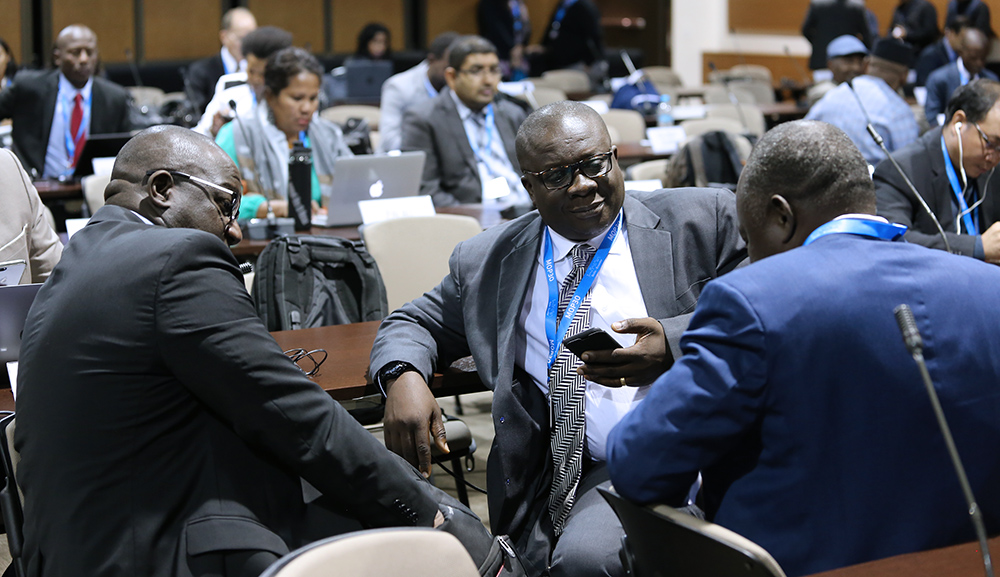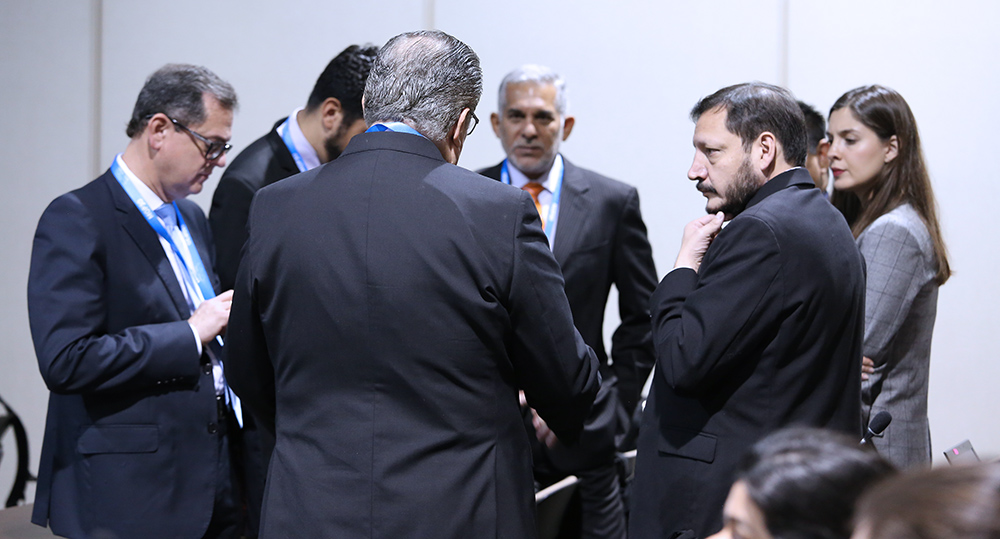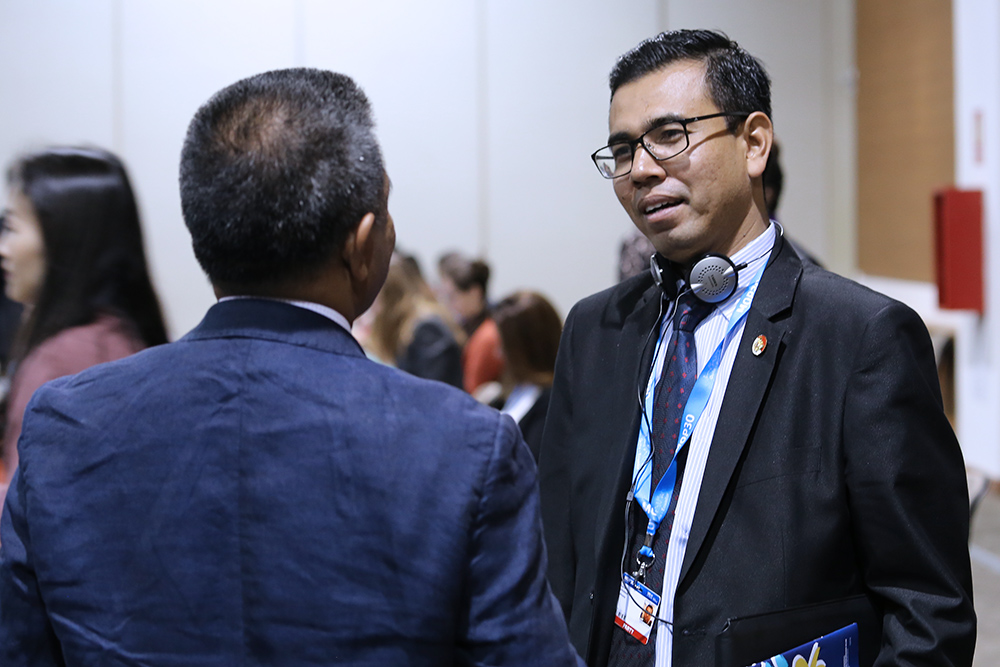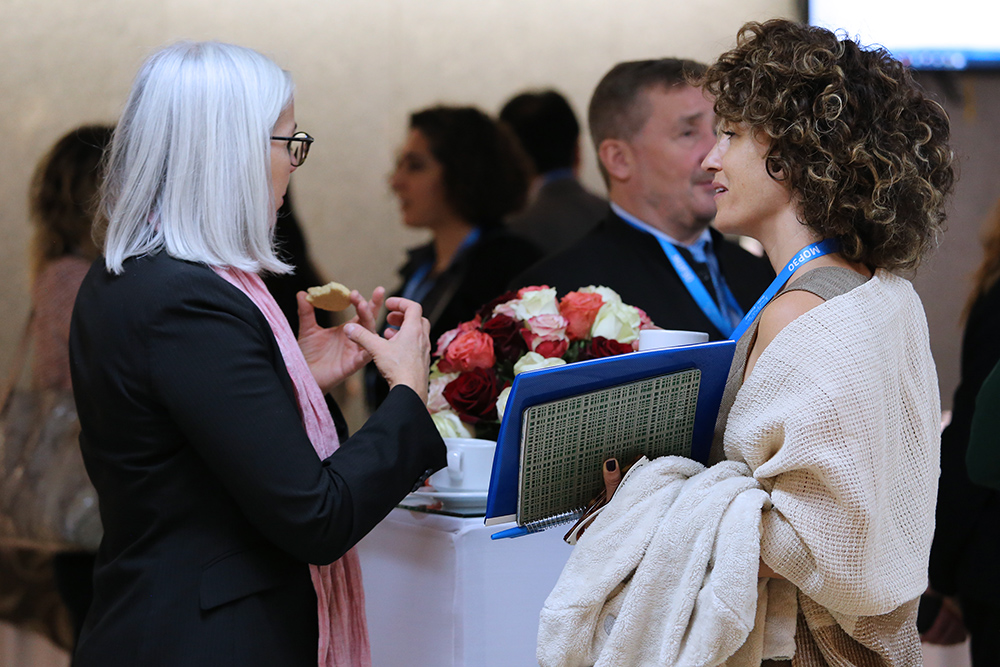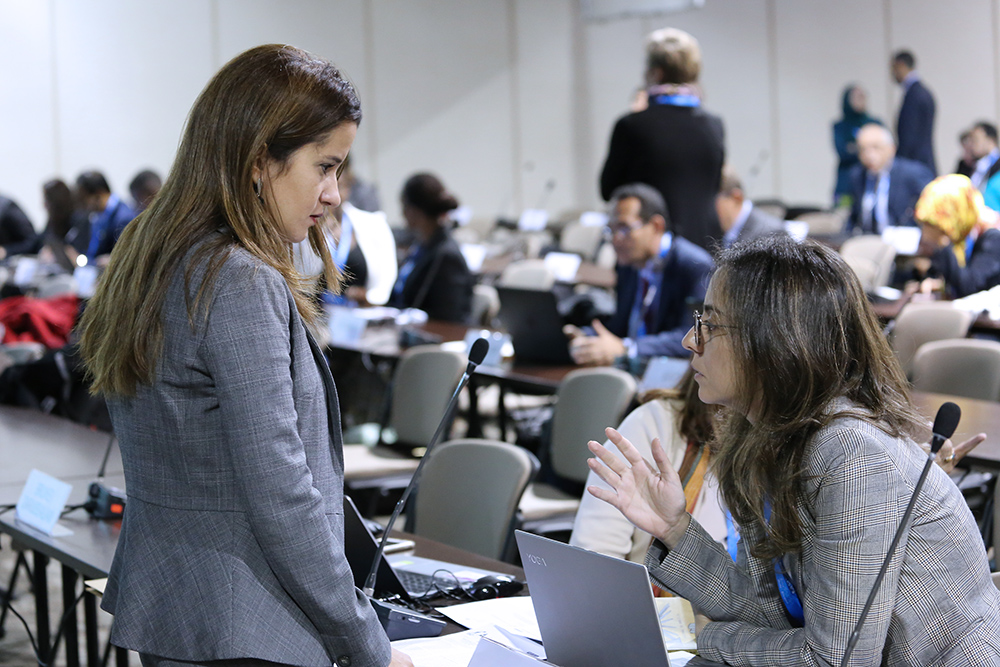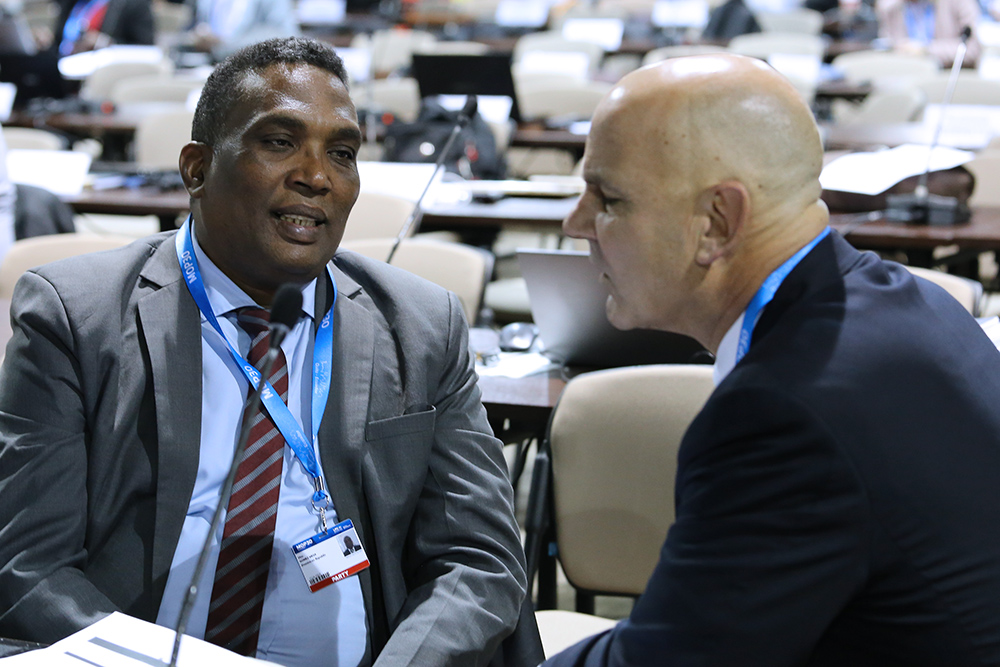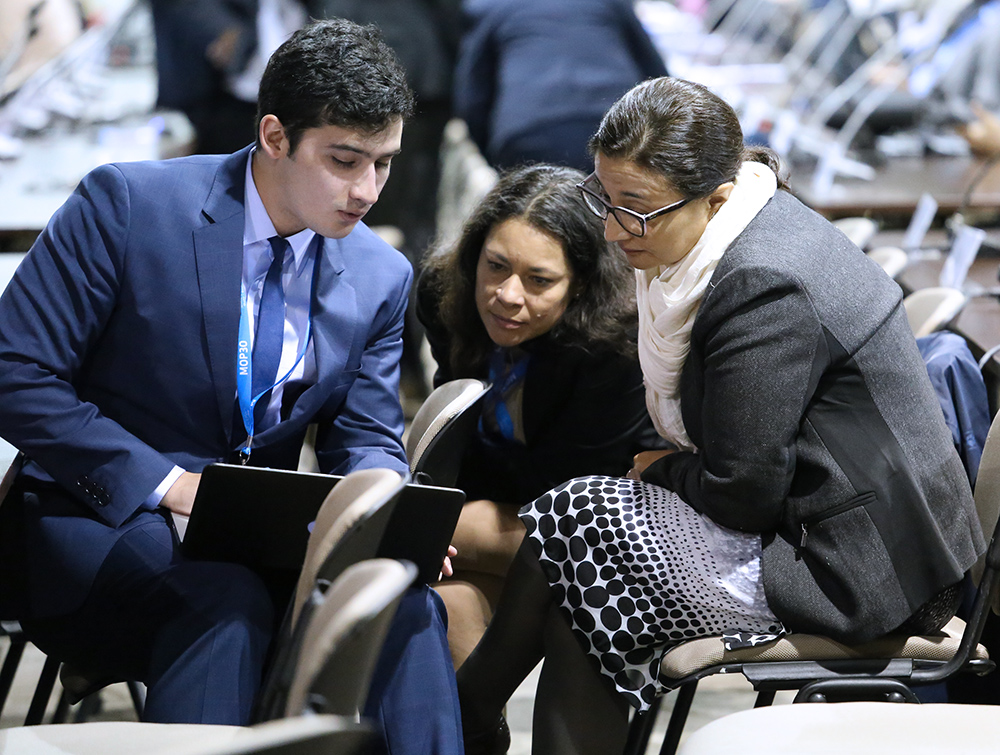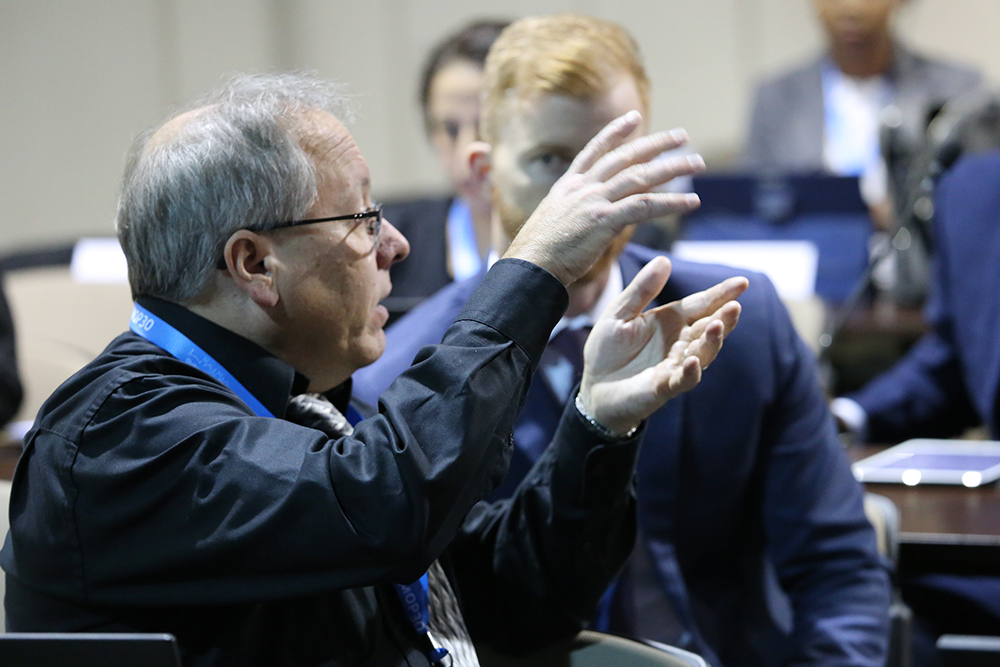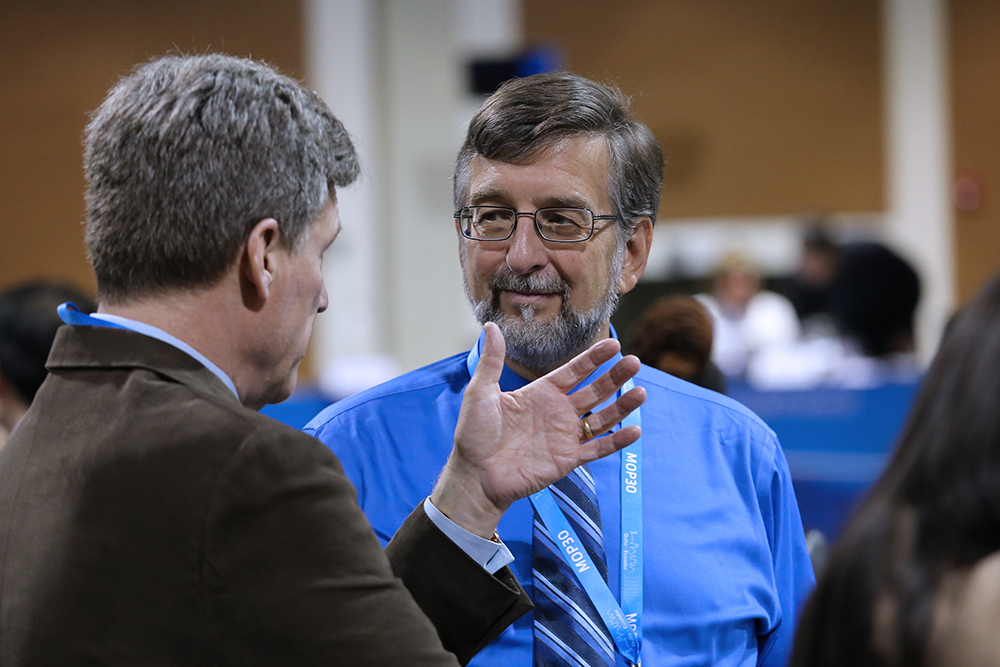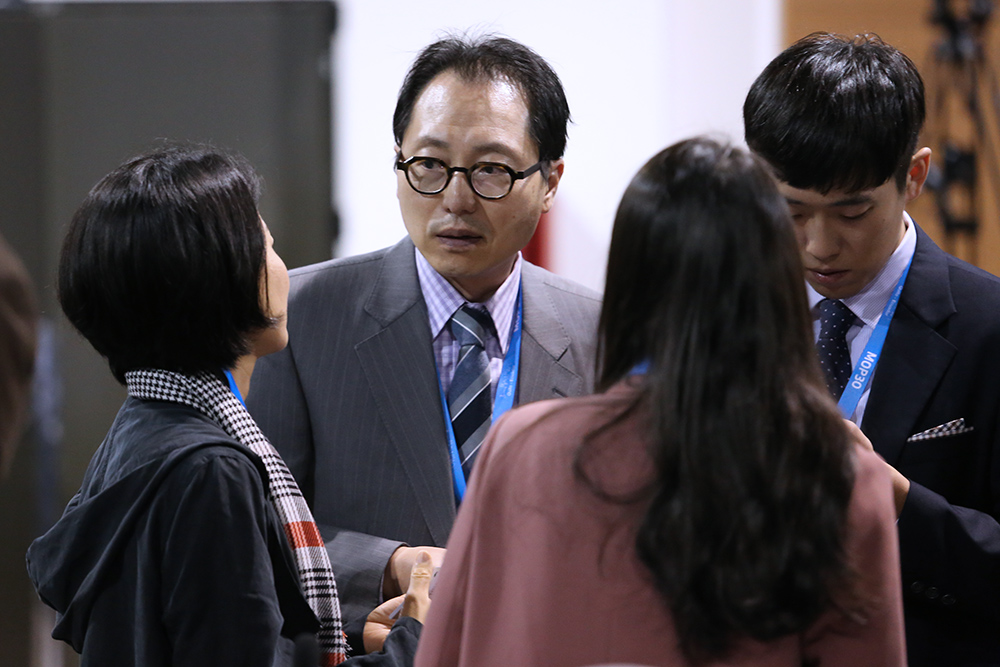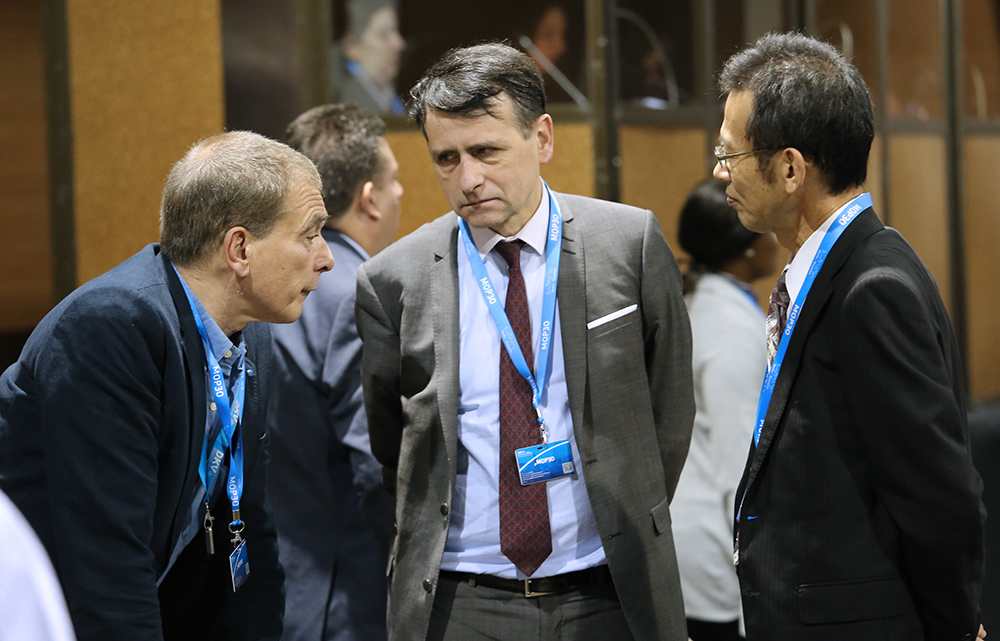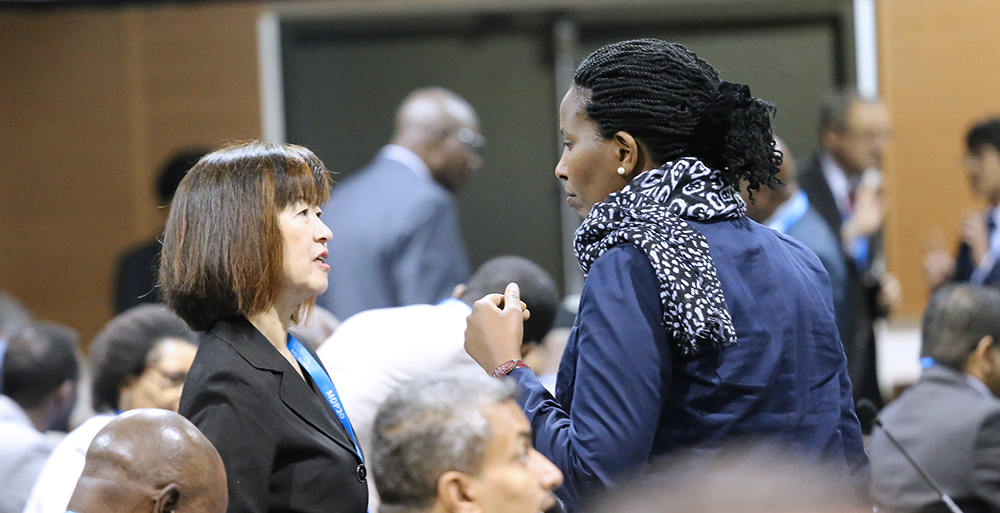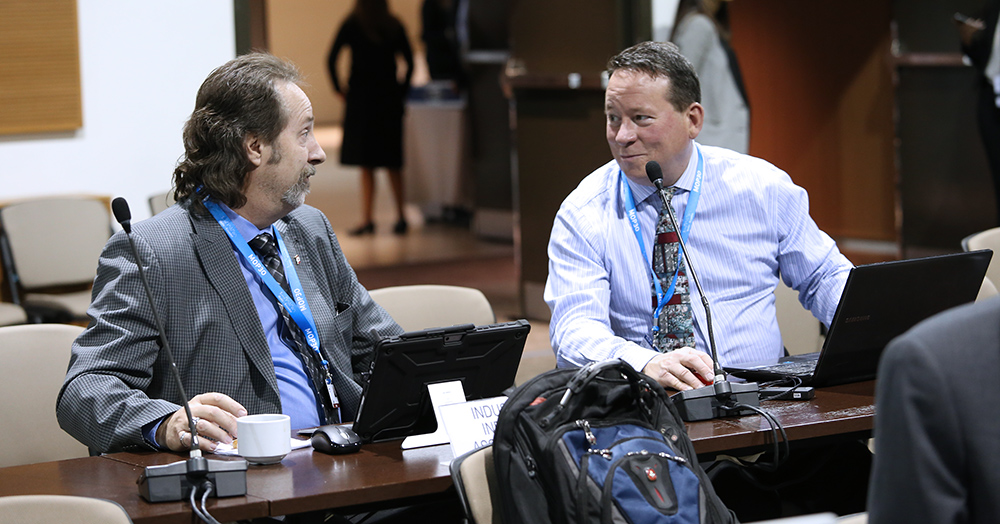Summary
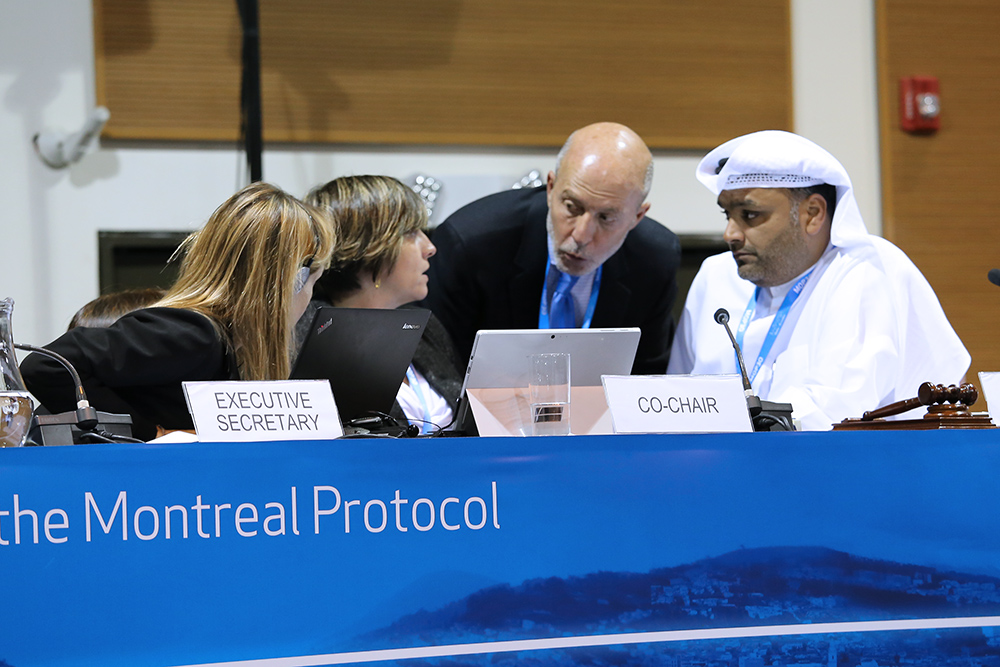
The Preparatory Segment of the thirtieth Meeting of the Parties to the Montreal Protocol (MOP 30) opened on Monday, 5 November 2018, in Quito, Ecuador, with addresses from Ecuador's Minister of Industry and Production, Pablo Campana Sáenz, and Tina Birmpili, Executive Secretary, Ozone Secretariat.In the morning, delegates discussed, inter alia: organizational matters; financial reports and budgets of the trust funds; and matters related to the Kigali Amendment to the Montreal Protocol on hydrofluorocarbons (HFCs), including:
- Data reporting, including revised timeline reporting forms, ways to report mixtures and blends, and setting global warming potential (GWP) values for HCFC-141 and HCFC-142;
- Approved destruction technologies to be used for HFCs; and
- Progress by the Executive Committee (ExCom) of the Multilateral Fund (MLF) in developing guidelines for the financing of the HFC phase-down.
Contact groups were created for data reporting and destruction technologies. A budget committee was also established.During lunch, two side events were held, on the recent CFC-11 emission increase, and on the private sector’s role in innovating ozone- and climate-friendly refrigeration technologies.The afternoon session began with reports from delegates regarding their countries' ratification of the Kigali Amendment.
Delegates also discussed:
- Future availability of halons and their alternatives, especially in sectors such as civil aviation and merchant shipping;
- Nominations for critical-use exemptions for methyl bromide for 2019 and 2020;
- Development and availability of laboratory and analytical procedures that can be performed without using substances controlled under the Protocol; and
- Proposals for changes in ODS approved for process agent applications.
In the evening the budget committee and the contact group on data reporting met. Two side events also were held, one on a proposed framework to incentivize energy efficiency while transitioning away from high-GWP HFCs the other on refrigerant management tools for Article 5 countries.For extensive details on the day’s negotiations and to hear what delegates said in the corridors, see our daily Earth Negotiations Bulletin (ENB).
IISD Reporting Services, through its ENB Meeting Coverage, provided daily reports and daily web coverage from MOP 30. In addition, IISD Reporting Services will publish a summary and analysis report of the meeting in HTML and PDF.
Photos by IISD/ENB | Ángeles Estrada
For photo reprint permissions, please follow instructions at our Attribution Regulations for Meeting Photo Usage Page
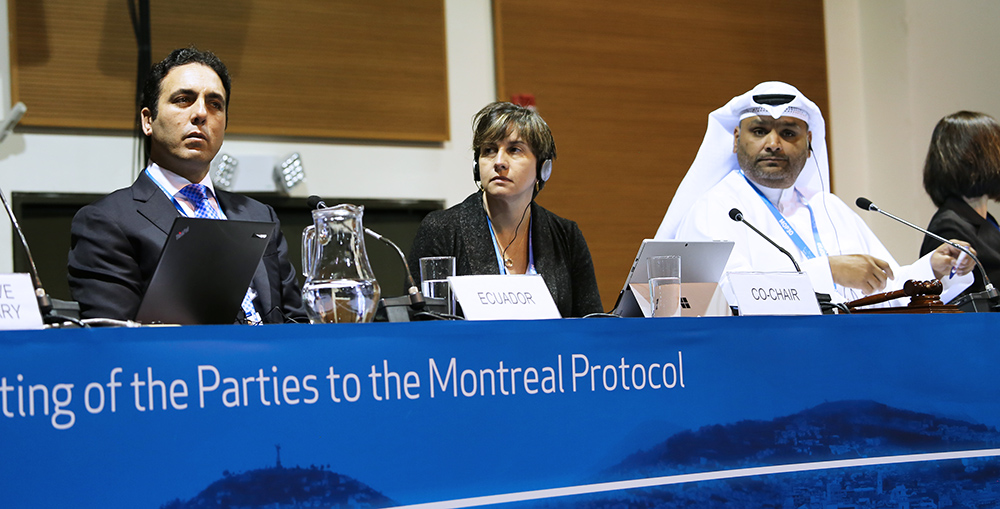
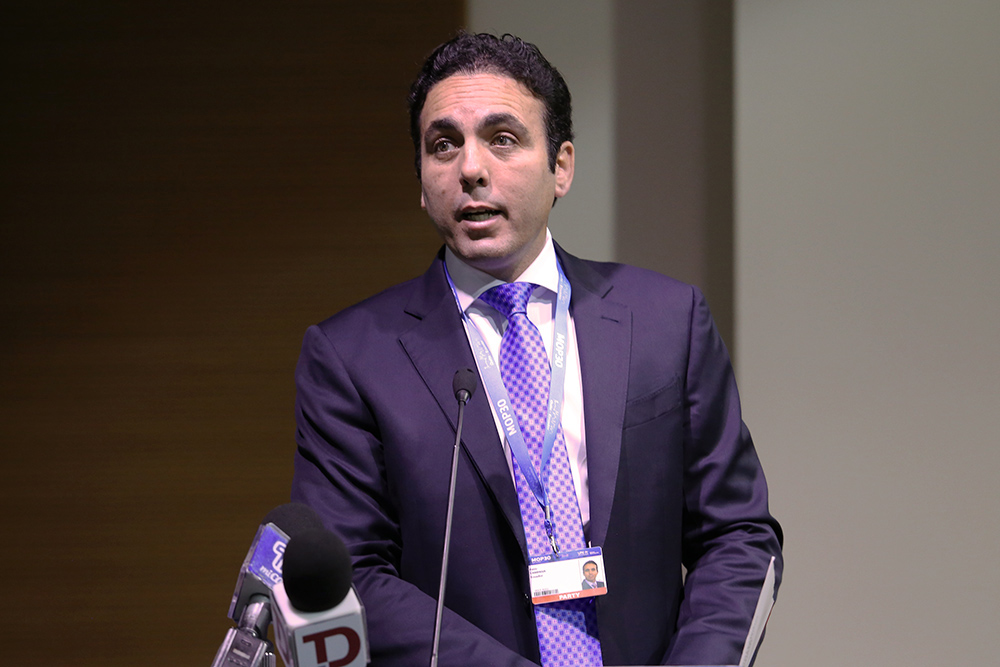
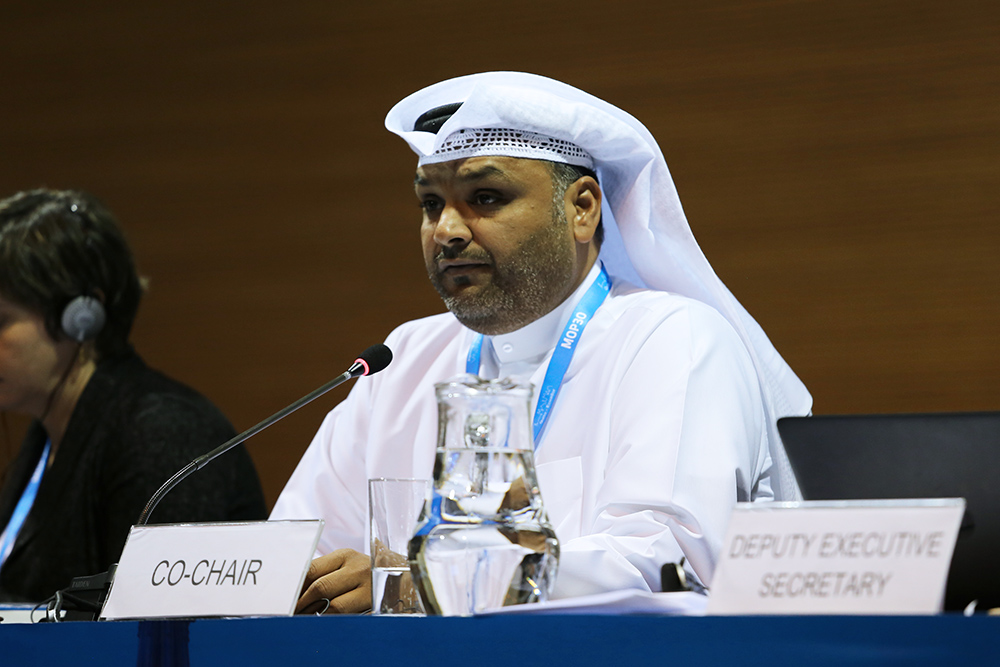
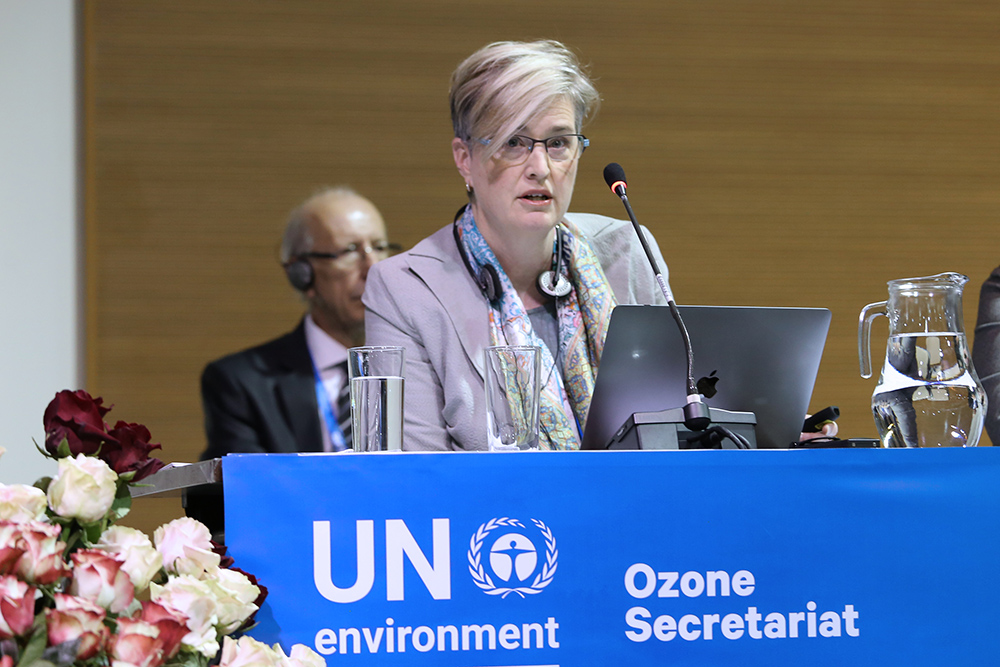
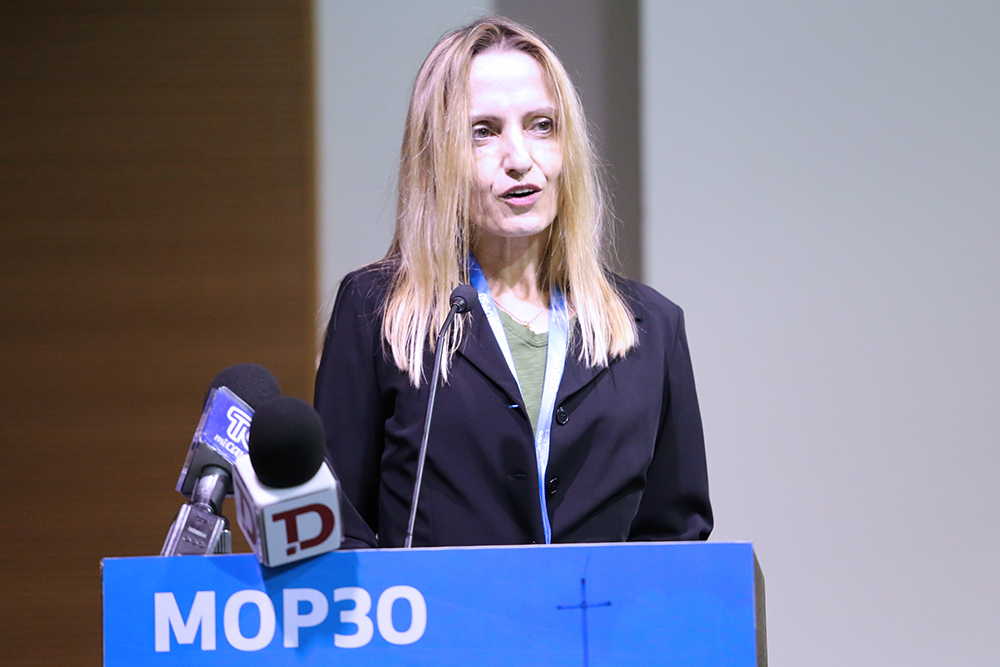
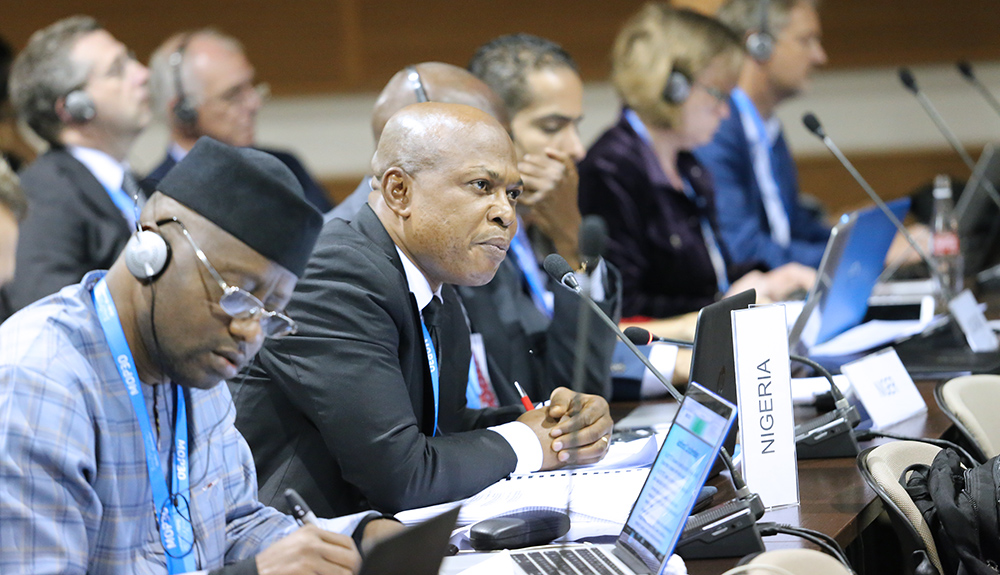
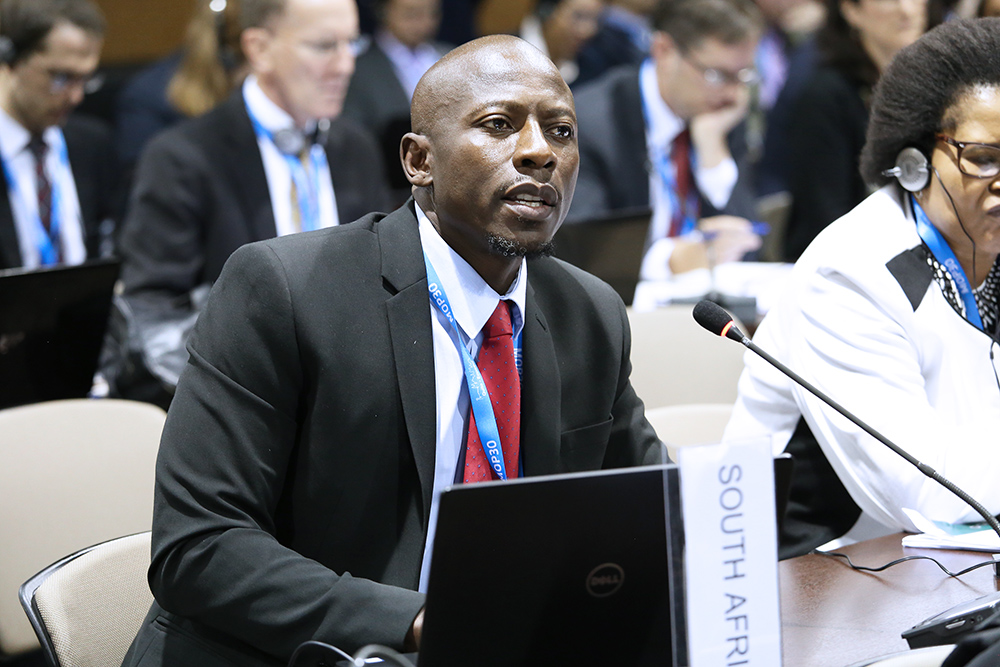
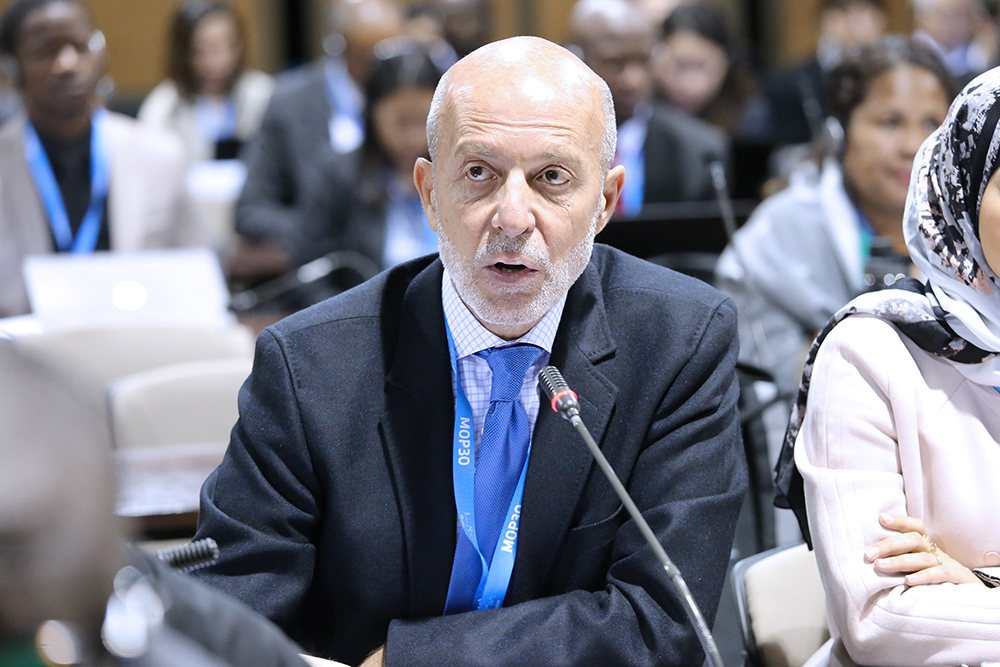
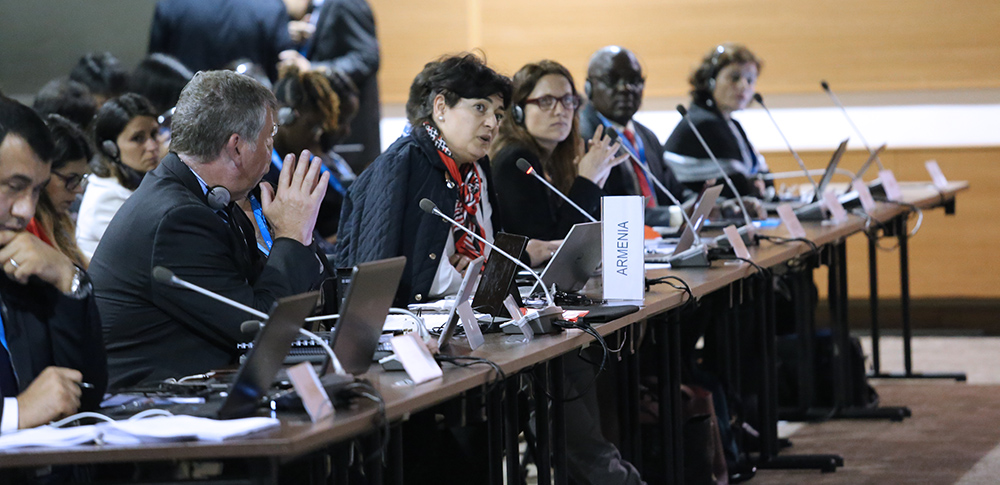
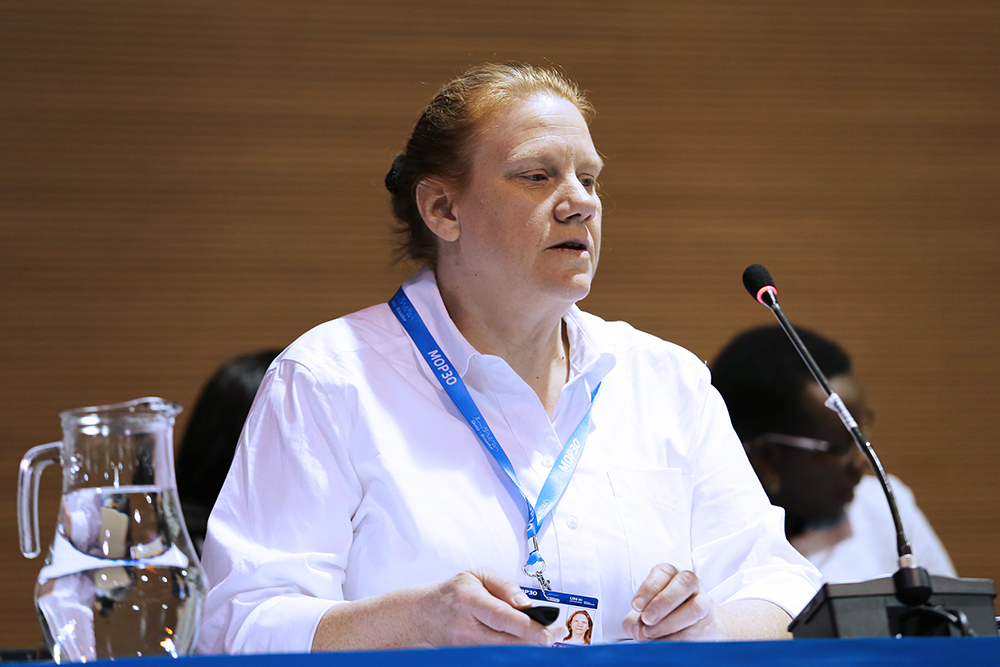
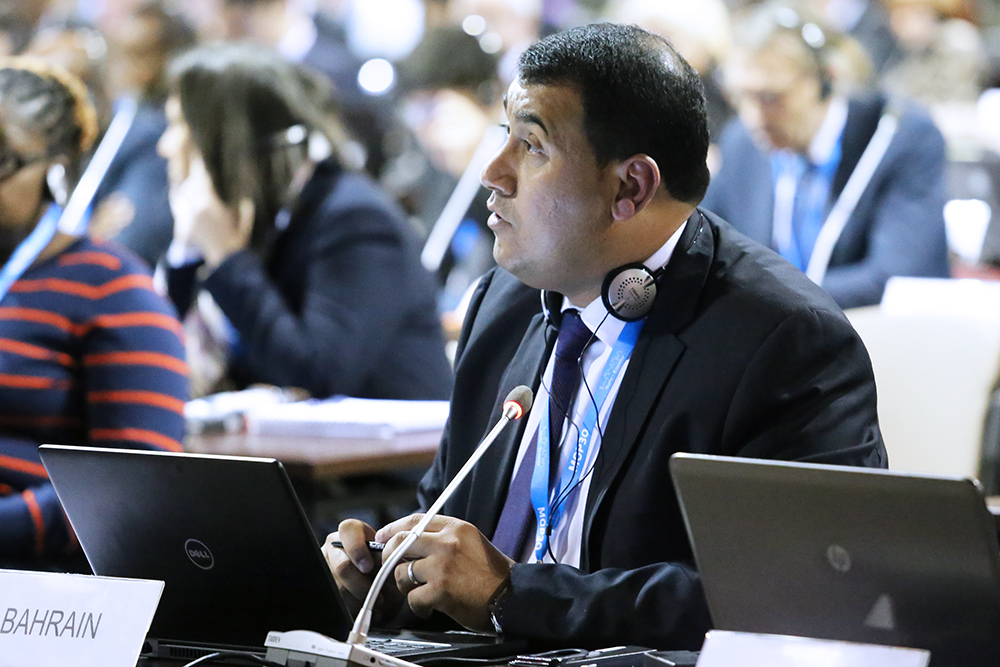
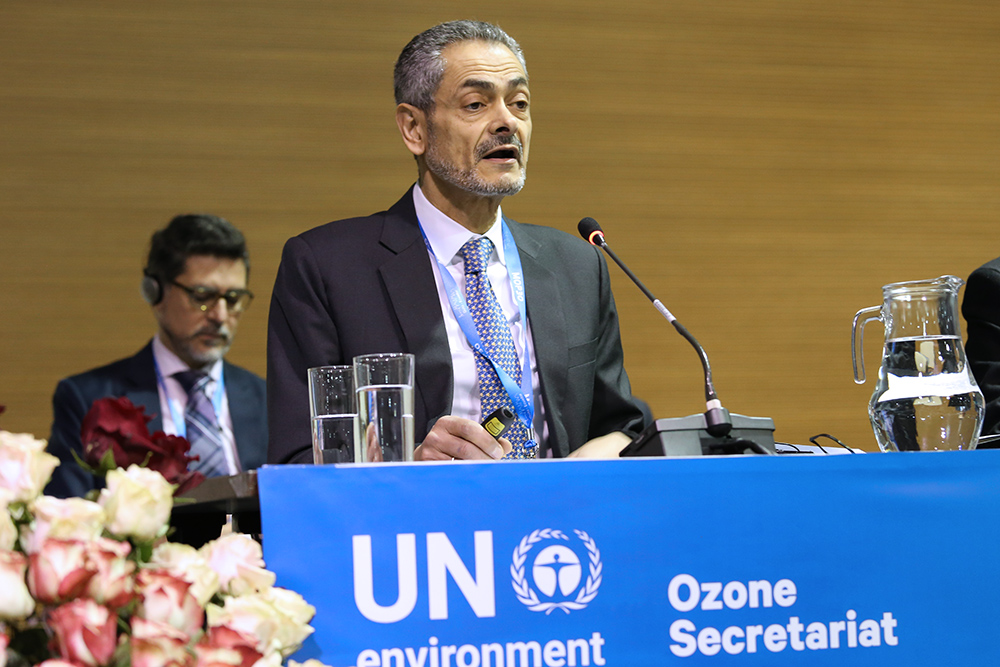
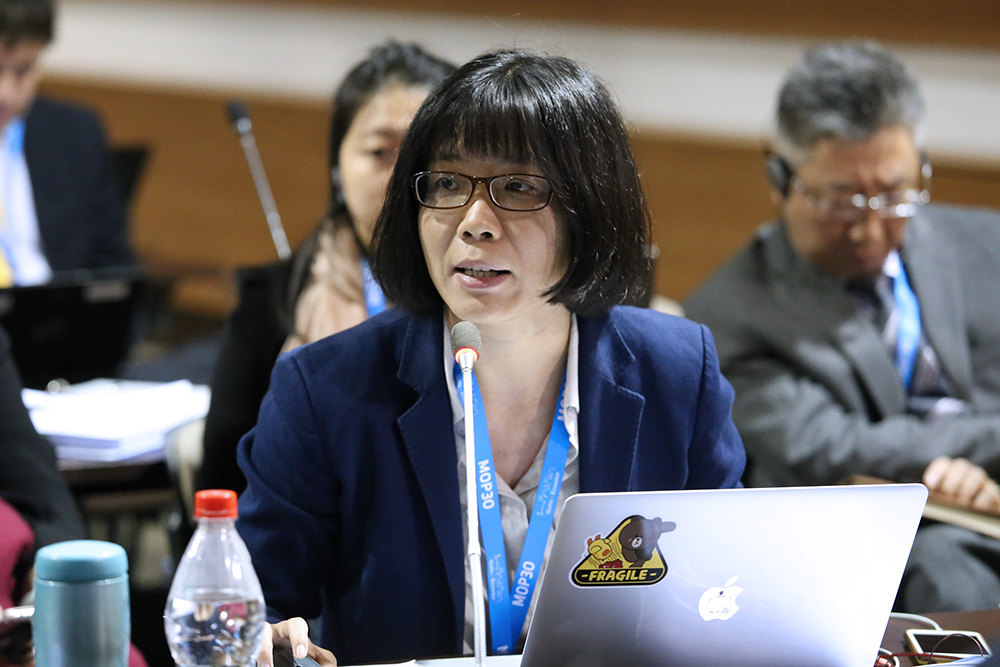
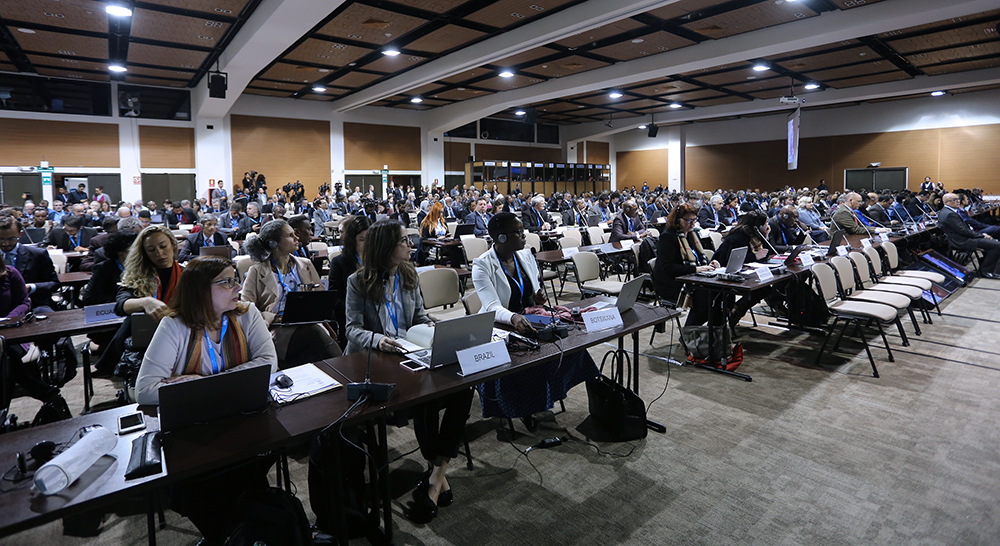
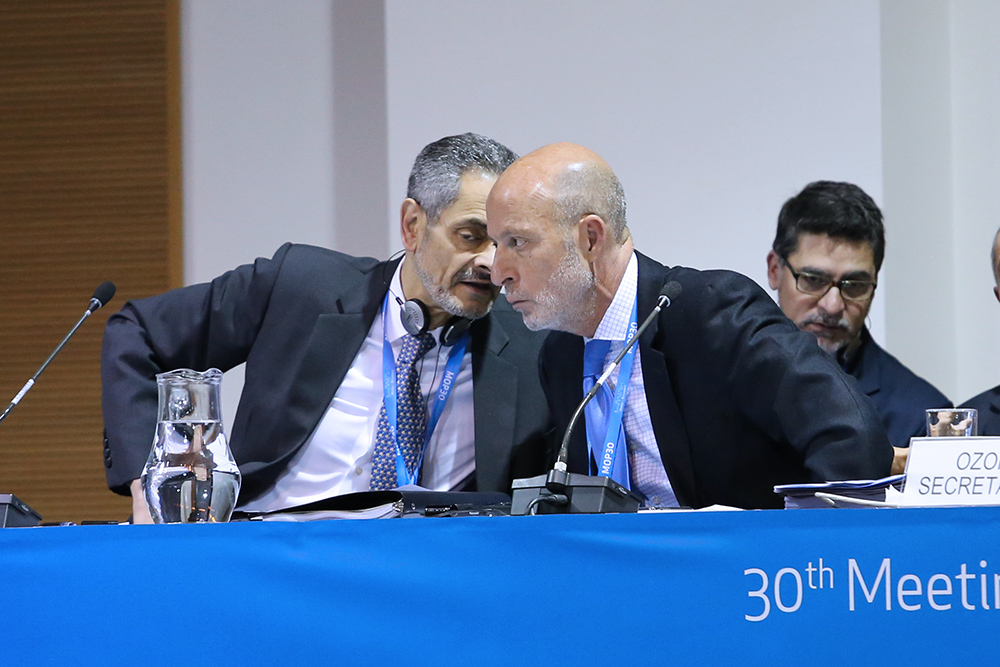
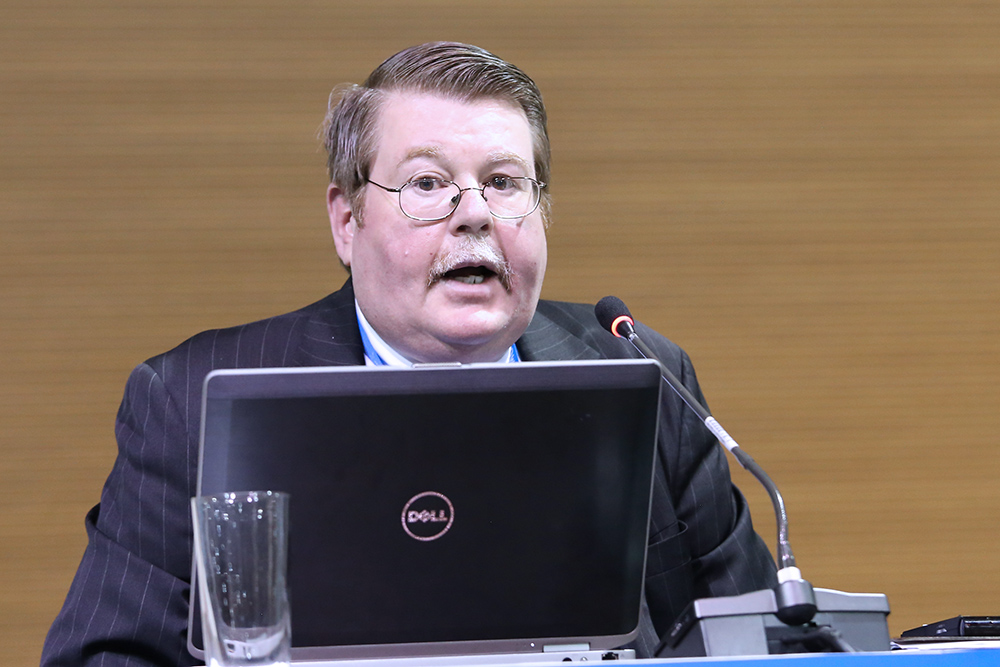
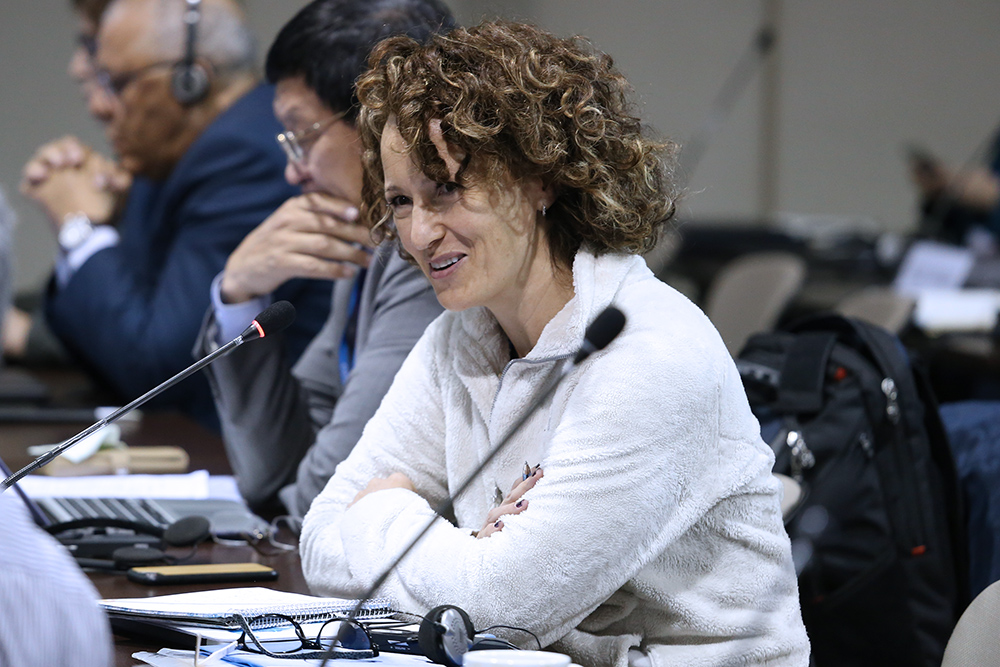
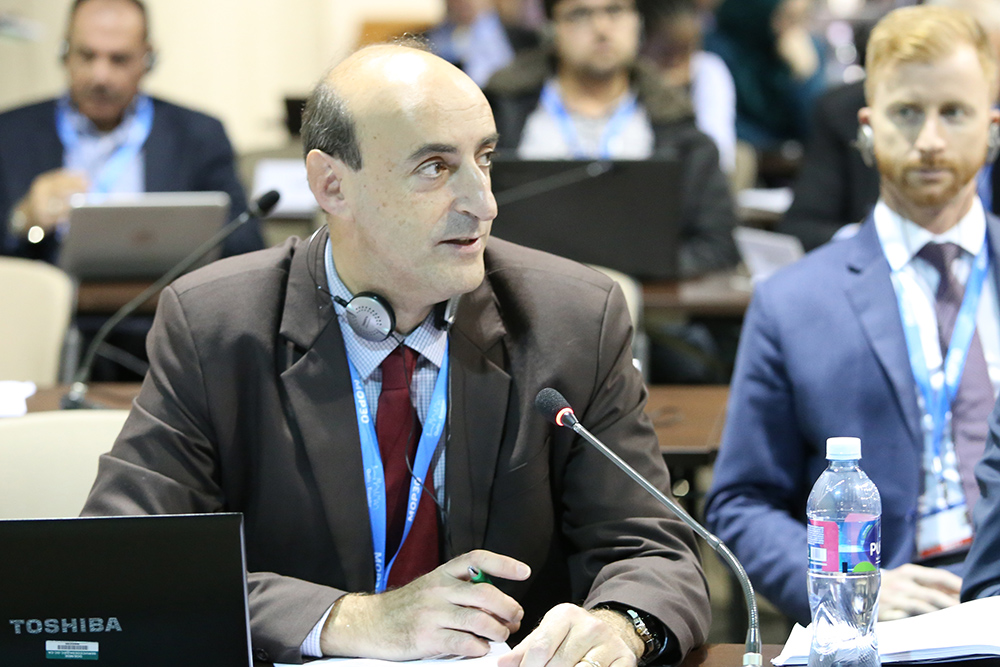
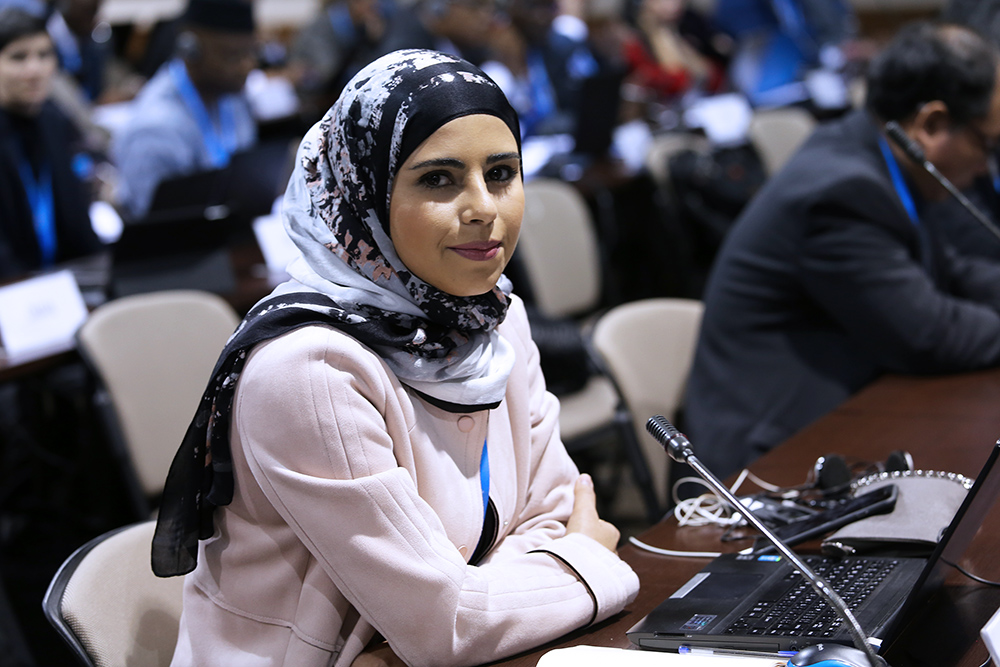
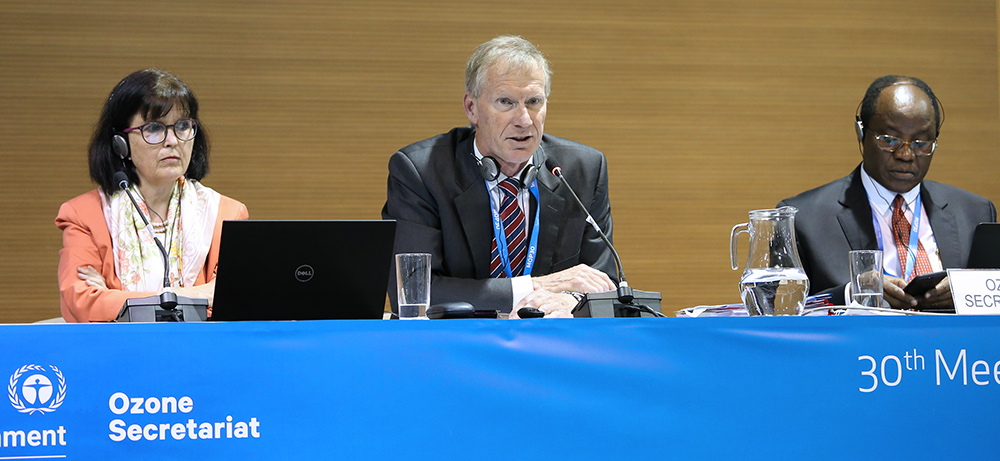
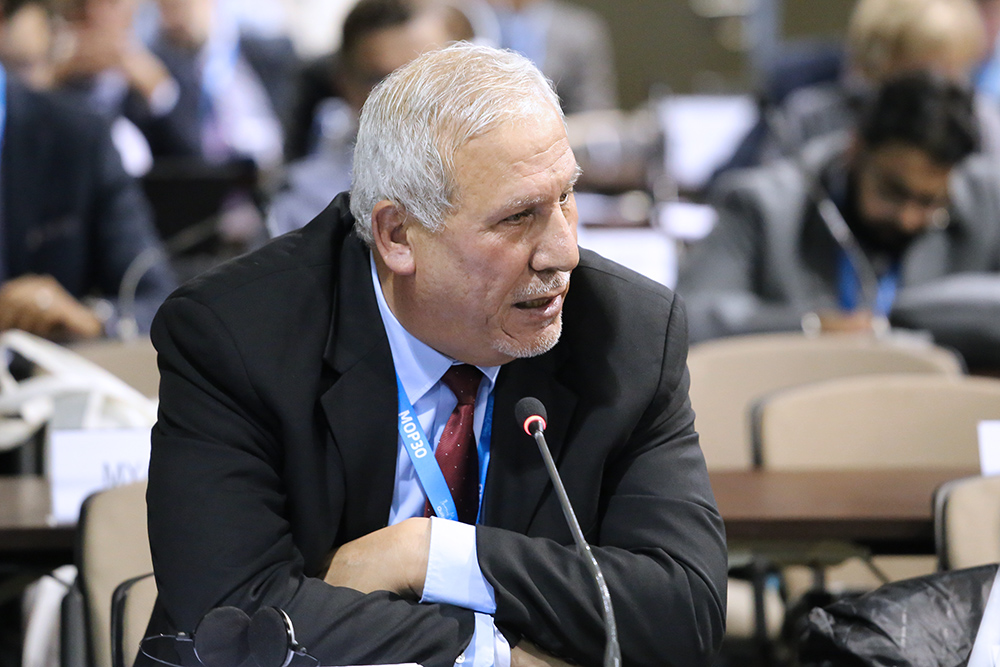
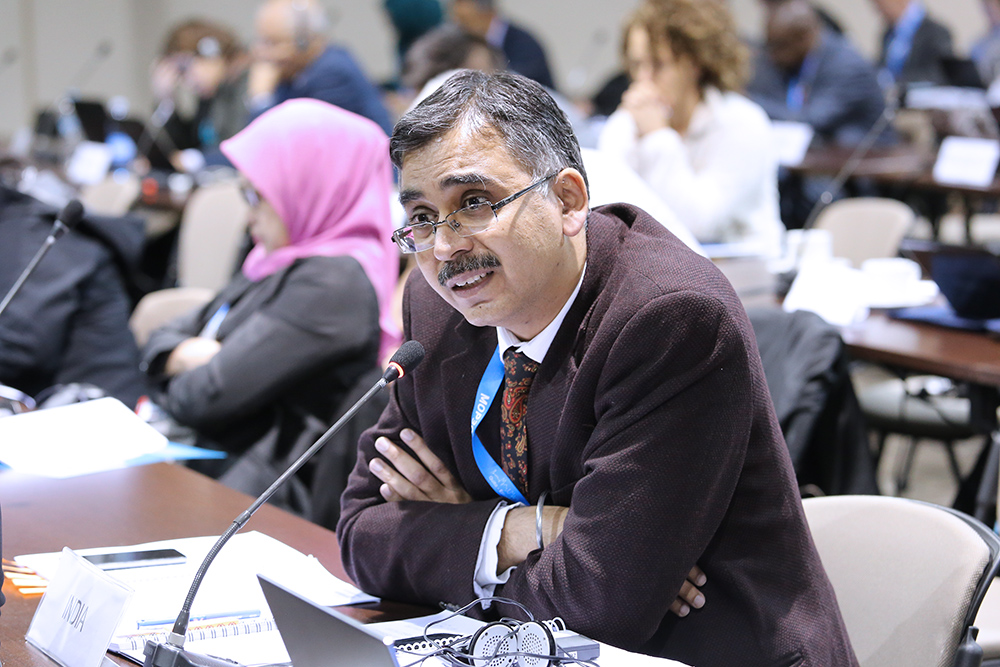
Around the Venue
